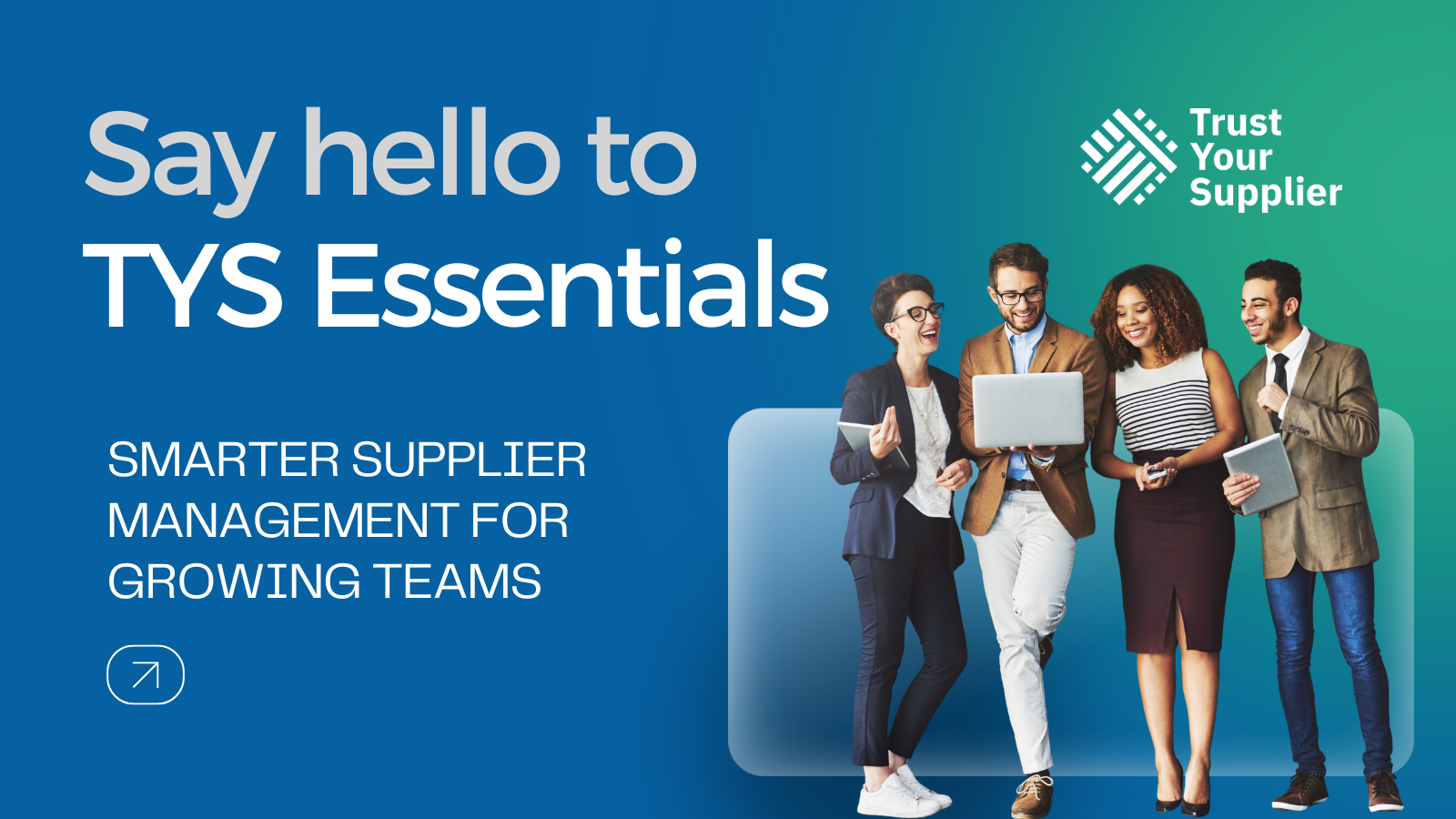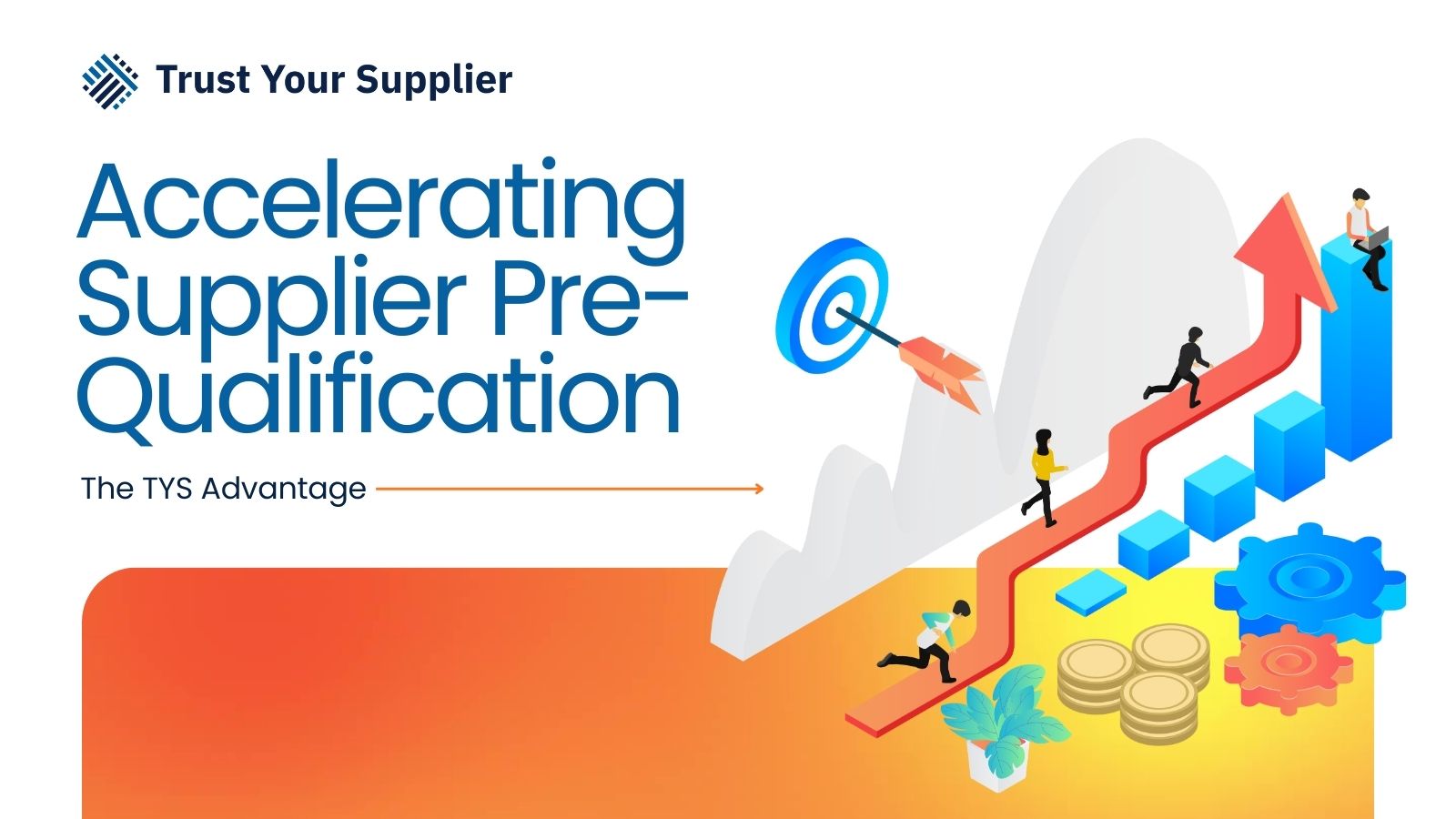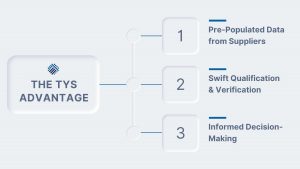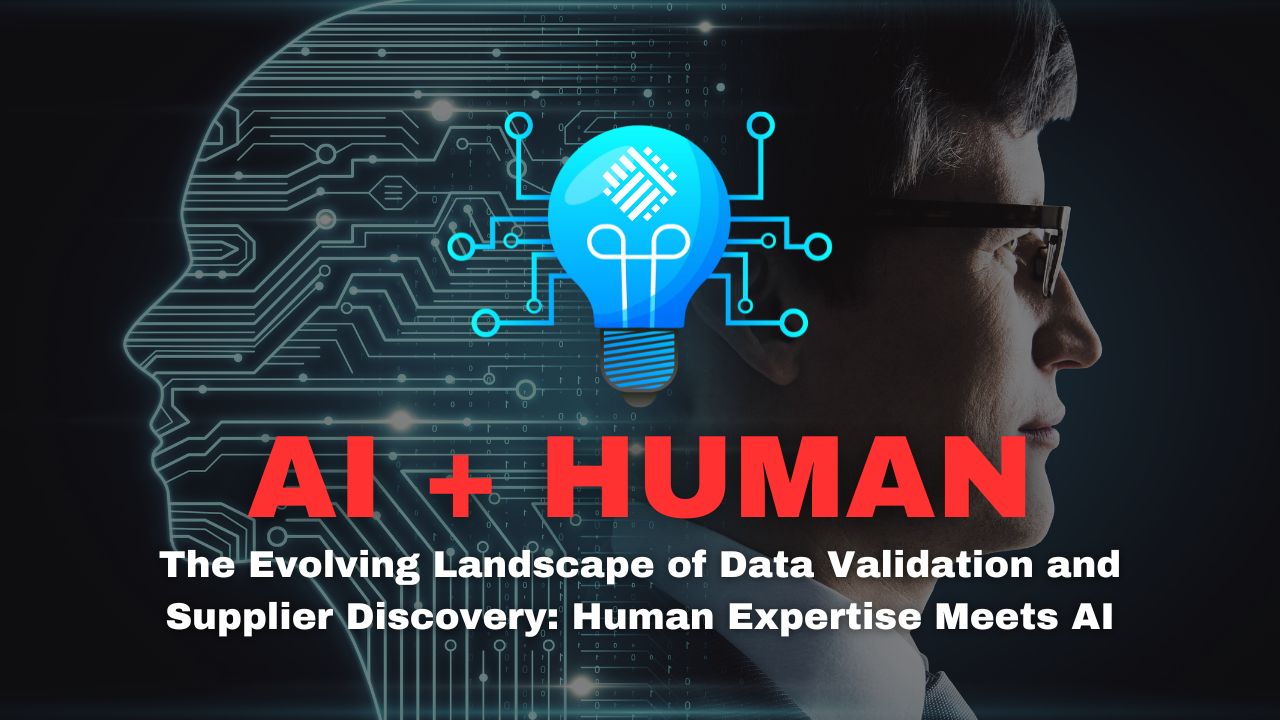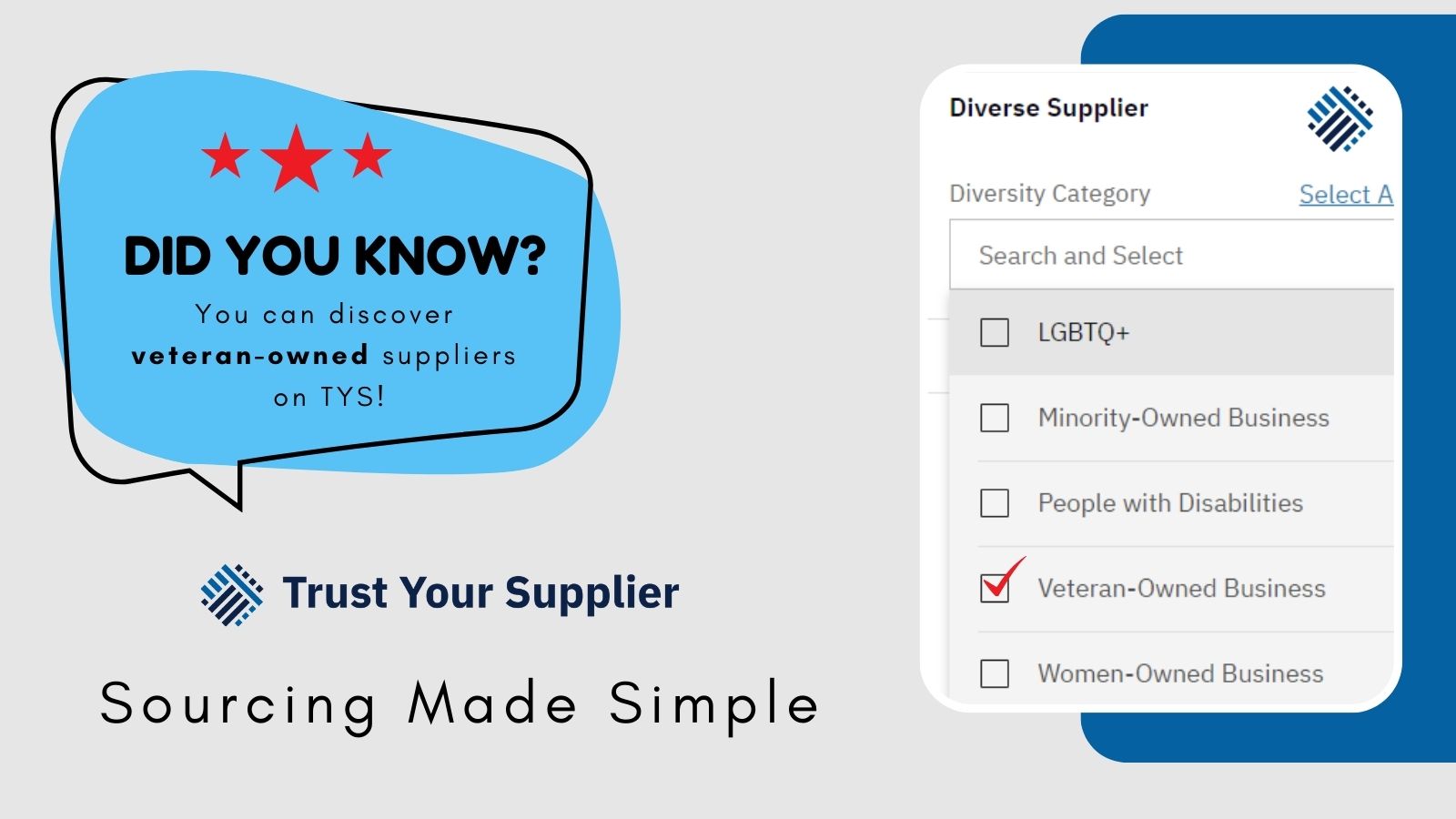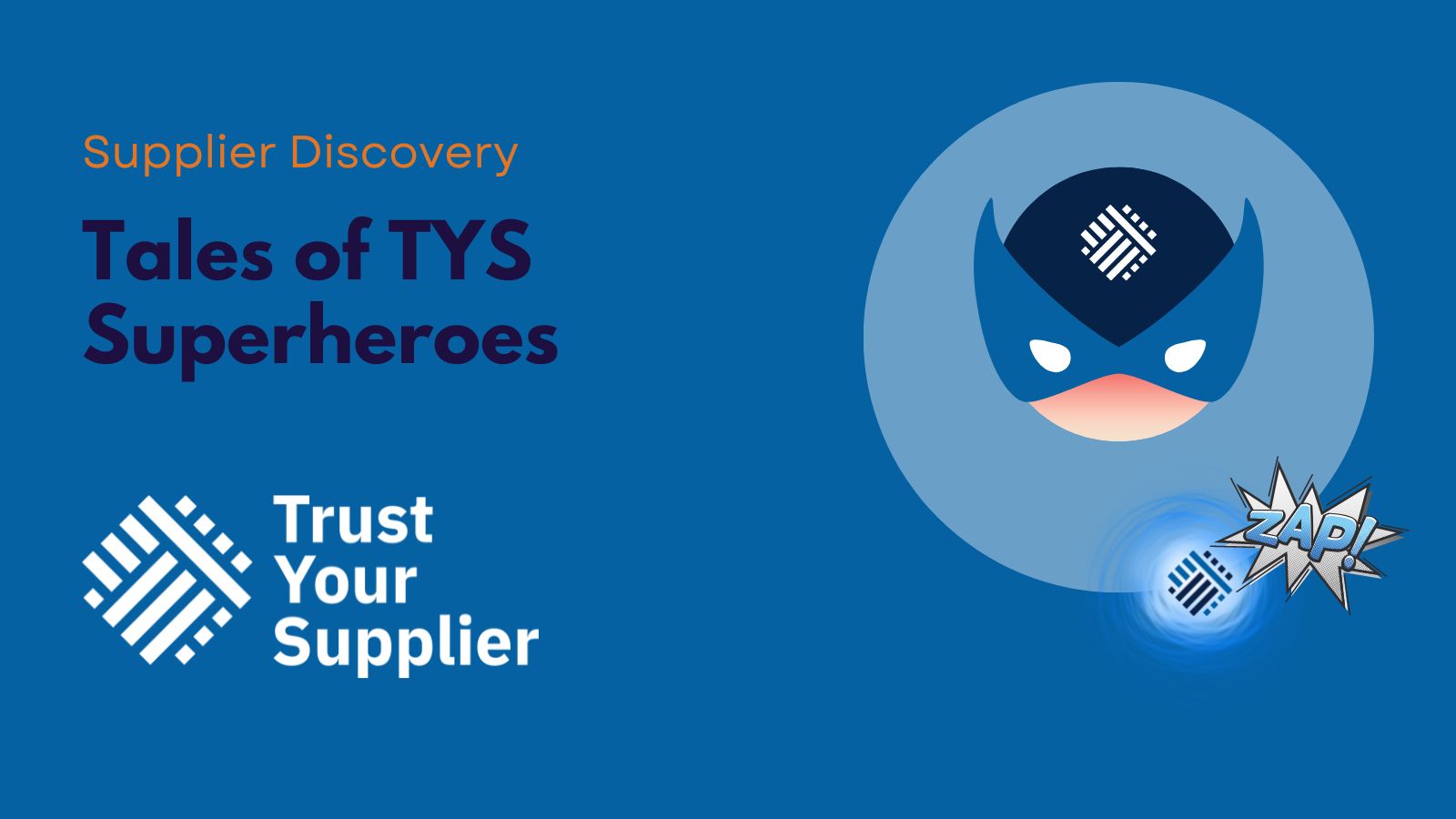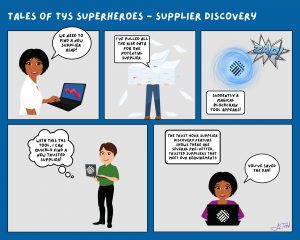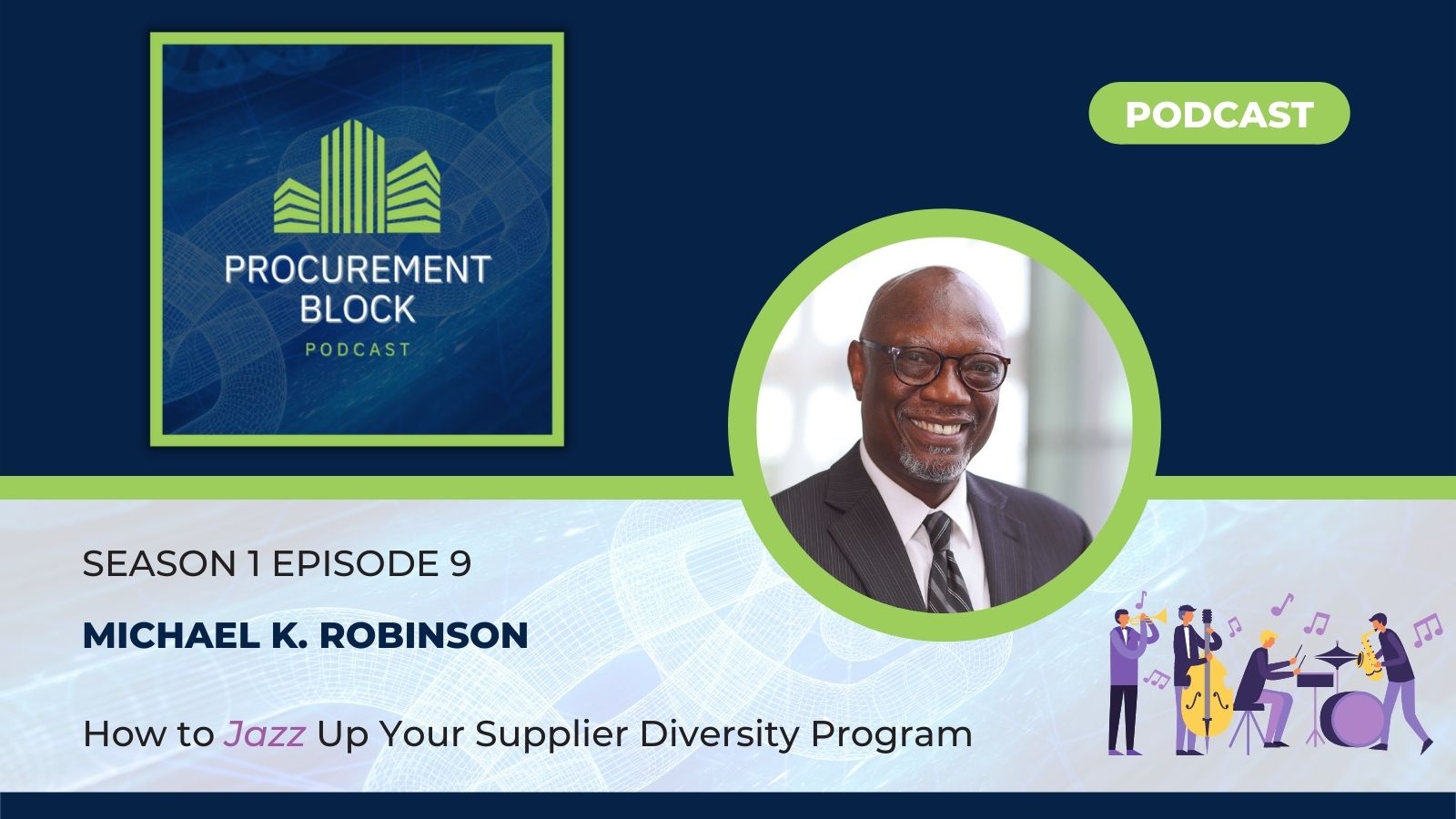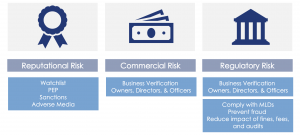For fast-moving procurement teams, the pressure is on: onboard suppliers quickly, maintain compliance, reduce risk, and avoid tariff entanglements all without adding headcount or technology bloat.
That’s why we created TYS Essentials, a streamlined, scalable version of our proven Supplier Management Platform. TYS Essentials delivers enterprise-grade functionality without the enterprise lift. It’s purpose-built for organizations managing 500-plus suppliers that need better tools now, not months from now.
Why TYS Essentials and Why Now?
Advanced supplier management tools were once reserved for large global enterprises. Today, midsize companies face the same risks, just with fewer resources and tighter timelines.
To stay ahead, you need to identify risks before investing time and money onboarding suppliers who may threaten your supply chain.
TYS Essentials closes the gaps with a modular platform that delivers measurable value from day one without lengthy implementations, custom buildouts, or complexity.
Start Smart. Scale at Your Pace.
With TYS Essentials, you don’t need to overhaul your entire process overnight. Start with the capabilities that solve today’s challenges, such as fraud prevention or compliance automation, and add modules as your needs grow.
What You Get with TYS Essentials
Faster Supplier Onboarding
Automated workflows that reduce manual effort and speed up supplier readiness
Real-Time Risk Monitoring
Screen for sanctions, fraud, ESG violations, and cyber threats before onboarding
Supplier Compliance Records
Centralized, audit-ready documentation with version control
Clean, Enriched Supplier Data
Validated, deduplicated supplier profiles that improve analytics and reduce errors
Tariff Impact Visibility
Understand and quantify global tariff exposure to guide sourcing decisions
Smarter Supplier Discovery
Find pre-vetted, qualified vendors fast with TYS’s searchable supplier network
Built for Procurement, Compliance, Risk, and Finance
Whether you’re establishing a centralized supplier program or replacing tools that no longer scale, TYS Essentials delivers the foundation you need, with simplicity, speed, and confidence.
Simple, modular pricing starting at $25K/year
Go live in days, not months
Immediate ROI and time savings
Built on the trusted, advanced technology of the TYS platform

